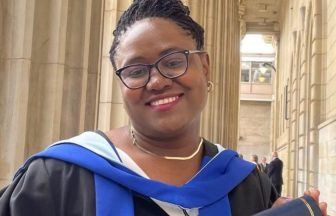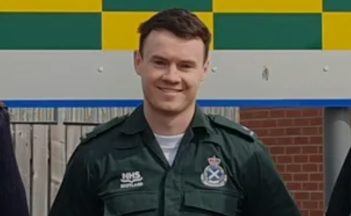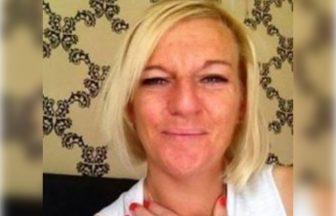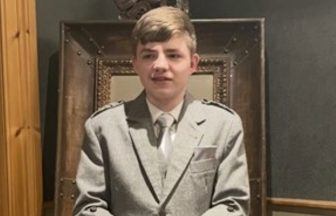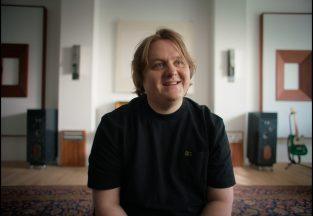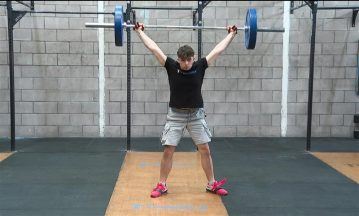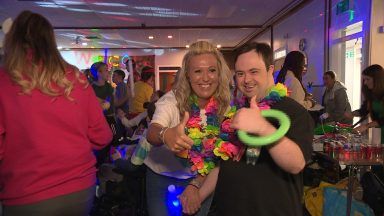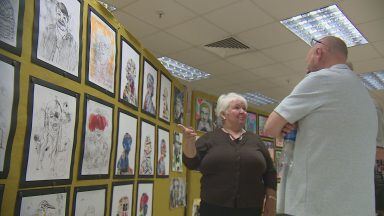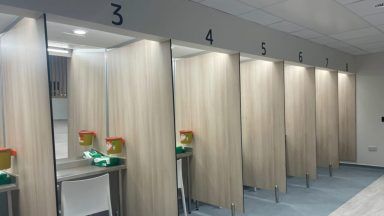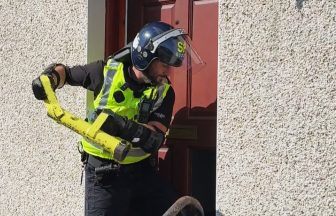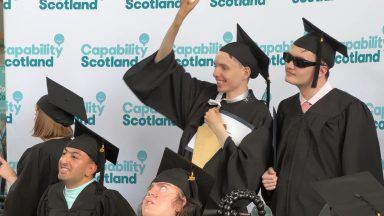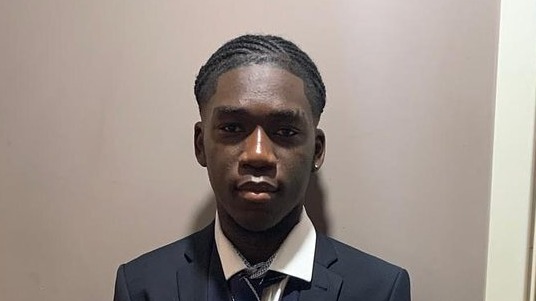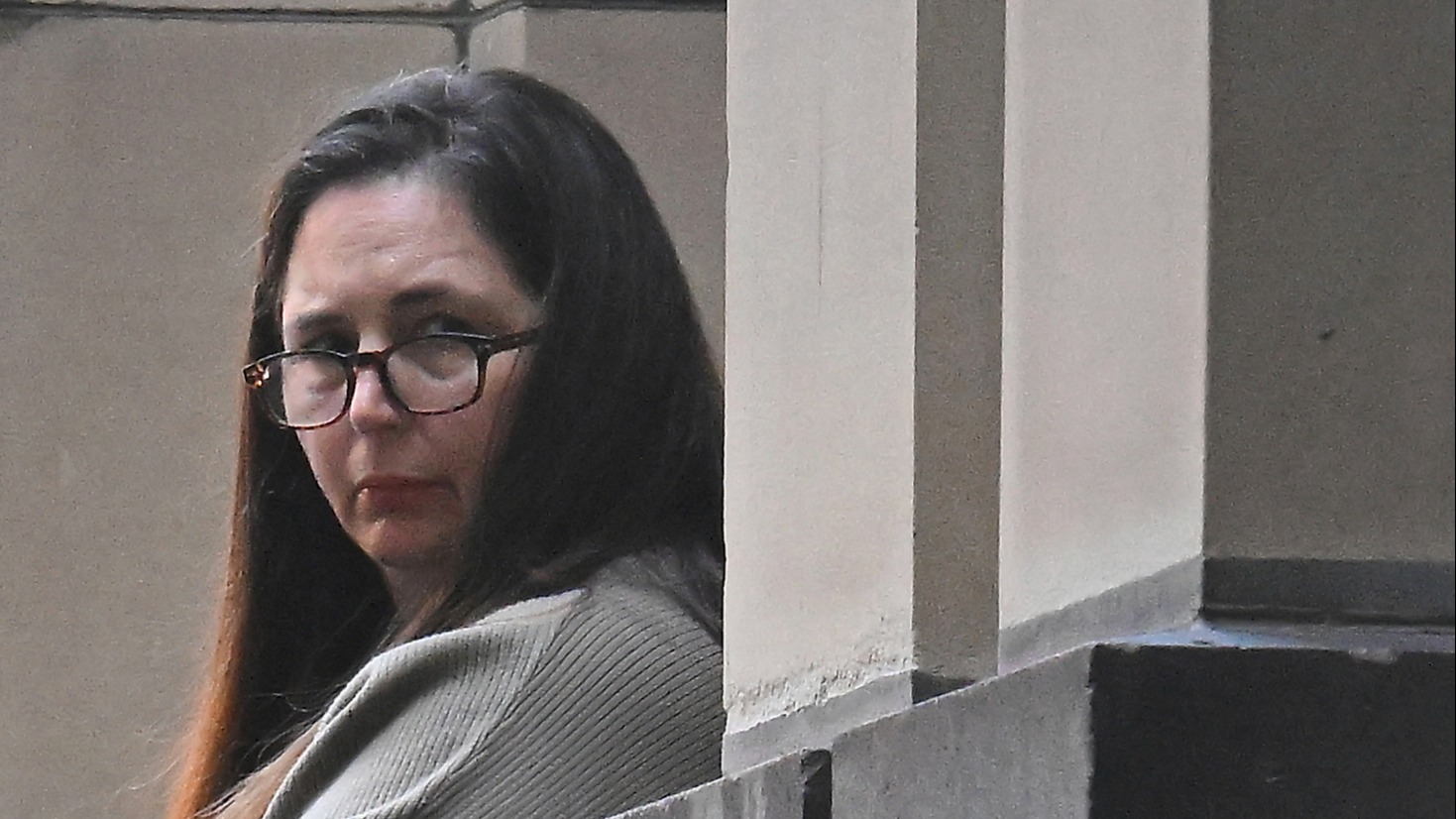An NHS worker was saved by her colleague after suffering a rare type of stroke in Glasgow.
Tracy Taylor was at her home in June 2023 when she suffered a life-threatening subarachnoid haemorrhage, which is an uncommon type of stroke caused by bleeding on the surface of the brain.
The 48-year-old said she started the day feeling fine and was getting ready to go to work as a psychological well-being practitioner in NHS 24’s Mental Health Hub in Cardonald.
“I was feeling fine, and I had no idea that I would suddenly become so unwell. While getting ready for a back shift at work, I suddenly experienced a thunderclap headache followed by blurred vision and vomiting,” she said.
A thunderclap headache is a rare, sudden, and severe headache that can signal brain blood vessel problems or bleeding and should be treated with immediate medical attention.
After being unable to reach her husband, Mrs Taylor managed to get through to her line manager at NHS 24, although she does not remember the conversation.
David McKissock, also from Glasgow, is a senior charge nurse with over 16 years of clinical experience.
“Tracy actually rang me on my personal mobile that afternoon, which was not normal for her at all,” the 37-year-old said.
“When we started speaking, she also did not sound like her usual self – there were notable differences in her speech, and she appeared really confused and vague.”
He added: “This raised a red flag for me as I knew it was likely that Tracy was at home alone, that she was potentially in a life-threatening situation, and she would need immediate help.”
Mr McKissock contacted fellow NHS colleagues in the Scottish Ambulance Service by dialling 999.
Paramedics were soon dispatched to Tracy’s home, and she was rushed to Queen Elizabeth University Hospital (QEUH) for admission and assessment.
The following day she was transferred to Edinburgh Royal Infirmary for emergency surgery, which involved small platinum coils being inserted into her brain to stop the bleed via a catheter.
Mrs Taylor ended up spending time in both intensive care and high-dependency units over her three and-a-half weeks in the hospital.
“My husband and family were with me daily, but my first memory of being in hospital was about three weeks after I was first admitted,” she said.
Speaking about her “challenging” recovery, Mrs Taylor said she had memory issues, fatigue, as well as changes to her sense of taste and smell.
“I had difficulty finding words when I was speaking, and I had issues with my tolerance levels. Initially, I was unable to walk far or even climb stairs,” she added.
“I was also unable to drive for a total of nine months. I relied heavily on my husband for most activities of daily living.”
Through work with occupational therapy, the brain injury team and neuroscience in QEUH, Mrs Taylor built up her strength and managed to go out for short walks supported by her husband, friends, and family.
Mrs Taylor also returned to work seven months after her illness with full support from Mr McKissock and the team.
“If David had not contacted 999, I am sure I would not be here today. I am eternally grateful to him for recognising the urgency of my situation but also for being an all-round great manager who genuinely cares about not only his colleagues but the patients who we deal with every single day,” she said.
“I continue to have issues with fatigue, memory, taste and smell.
“However, I am so relieved and happy to be back at work and able to function in a job I find extremely rewarding.”
Since her illness, Mrs Taylor has had regular health checks due to having another small aneurysm in her brain, which is not considered to be life-threatening.
She urged anyone going through a similar recovery to accept support, and to “live your life to the fullest”.
“Rest when you need to, and know your limits. For good mental wellbeing, exercising gently, trying to have a healthy diet, and getting enough good sleep can really help build up your activity and confidence,” she said.
“My number one tip to everyone though, is make every single day count. Live your life to the fullest.”
Dr Ron Cook, NHS 24’s medical director, said Mrs Taylor’s story is a “powerful reminder” of the importance of quick thinking and immediate action.
“At NHS 24, we are committed to providing the highest level of care and support to not only our patients, but every member of staff who works in our team.”
He added: “David’s swift response and the coordinated efforts of our colleagues in the Scottish Ambulance Service and the hospitals involved, exemplify the dedication and professionalism of our healthcare teams across Scotland.
“We are incredibly grateful for the positive outcome in Tracy’s case and continue to wish her well in all aspects of her recovery.”
Follow STV News on WhatsApp
Scan the QR code on your mobile device for all the latest news from around the country


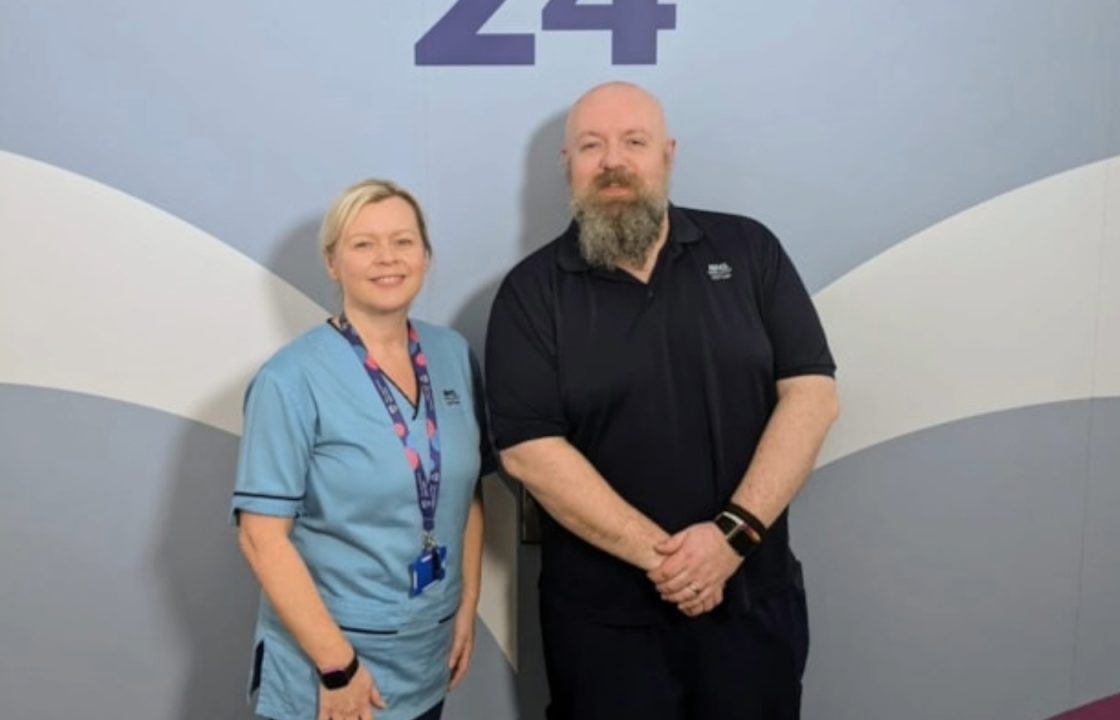 NHS24
NHS24